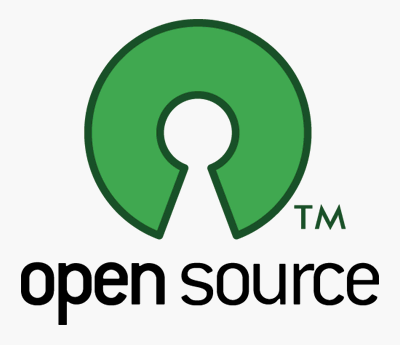 Not only Barack Obama but his predecessors were worried about Indians and Chinese dominating the work places of America. This trouble was self-inflicted by Americans. A casual approach to everything tripped American society, economy, culture and polity. In order to rescue the American society it is important to ensure seriousness in schools, colleges and universities. Unless and until this is done Bengaluru and Shanghai will continue to dominate the American empire.
Not only Barack Obama but his predecessors were worried about Indians and Chinese dominating the work places of America. This trouble was self-inflicted by Americans. A casual approach to everything tripped American society, economy, culture and polity. In order to rescue the American society it is important to ensure seriousness in schools, colleges and universities. Unless and until this is done Bengaluru and Shanghai will continue to dominate the American empire.
US President Barack Obama has exhorted American students to toil harder at school, saying their success would determine the country’s leadership in a world where children in Bengaluru and Beijing were raring to race ahead.
Obama has repeatedly said that American schools would have to ensure that they continue producing leagues of top professionals, so that the American hegemony in human resource continues in this century.
“At a time when other countries are competing with us like never before, when students around the world in Beijing, China, or Bangalore, India, are working harder than ever, and doing better than ever, your success in school is not just going to determine your success, it’s going to determine America’s success in the 21st century,” Obama said.
“The farther you go in school, the farther you’re going to go in life,” he told students at a school in Philadelphia, Pennsylvania.
In 2009, while announcing an end of tax incentives to US companies which created jobs overseas, Obama had launched the “Say no to Bangalore and yes to Buffalo” slogan.
Since then, he has time and again mentioned the competition coming in from developing countries like China and India while asking Americans to rise to the challenge to keep the American supremacy alive.
“…You’ve got an obligation to yourselves, and America has an obligation to you, to make sure you’re getting the best education possible,” Obama said in his latest remarks.
He said preparing the students for success in classroom, college and career would also require an enormous collective effort of teachers, principals as well as the administration.
“It’s going to take outstanding principal and outstanding teachers who are going above and beyond the call of duty for their students,” he said. Asking the students to work harder than everybody else and seek out new challenges, he said his call was directed at all Americans alike.
“… I’m not just speaking to all of you, I’m speaking to kids all across the country. And I want them to all here that same message: That’s the kind of excellence we’ve got to promote in all of America’s schools,” Obama said.
 Technology like other inventions are doomed by anti modern folks. Now it is up to the people to use it for the right purpose.
Technology like other inventions are doomed by anti modern folks. Now it is up to the people to use it for the right purpose. Open source sounds alturistic. If its promise is true the world will accept dumping the heavy profit making sources.
Open source sounds alturistic. If its promise is true the world will accept dumping the heavy profit making sources.





